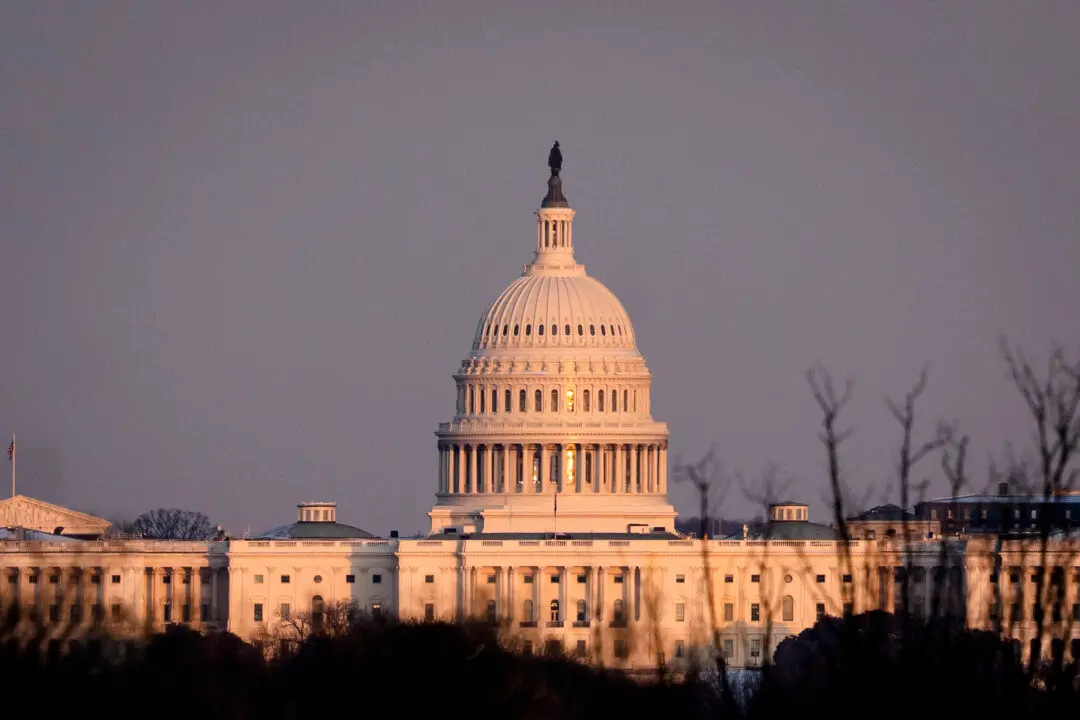After a lengthy debate over numerous amendments, and despite the Biden administration’s promise of a veto, the Republican-controlled House of Representatives passed a bill on Jan. 27 limiting the Biden administration’s ability to draw from the nation’s oil stockpile.
First introduced on Jan. 26, the Strategic Production Response Act passed 221–201. The measure is unlikely to clear the Democrat-controlled Senate where it will need 60 votes to pass.





